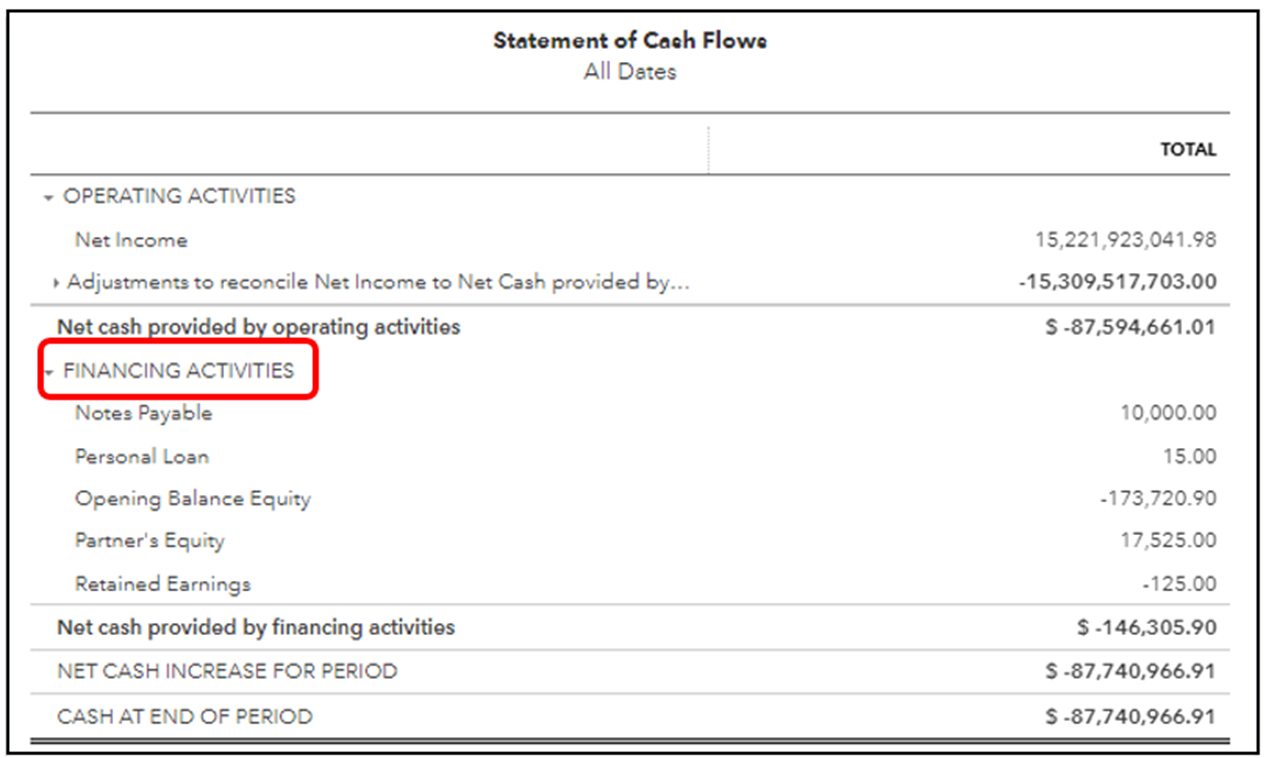The Equal Credit Opportunity Act
The Equal Credit Opportunity Act [ECOA], 15 U.S.C. 1691 et seq. prohibits creditors from discriminating against credit applicants on the basis of race, color, religion, national origin, sex, marital status, age, because an applicant receives income from a public assistance program, or because an applicant has in good faith exercised any right under the Consumer Credit Protection Act.
The Department of Justice may file a lawsuit under ECOA where there is a pattern or practice of discrimination. In cases involving discrimination in home mortgage loans or home improvement loans, the Department may file suit under both the Fair Housing Act and ECOA. Individuals who believe that they have been the victims of any unfair credit transaction involving residential property may file a complaint with the Department of Housing and Urban Development [HUD] or may file their own lawsuit.
Other federal agencies have general regulatory authority over certain types of lenders and they monitor creditors for their compliance with ECOA. ECOA requires these agencies to refer matters to the Justice Department when there is reason to believe that a creditor is engaged in a pattern or practice of discrimination which violates ECOA. In 1996, upon the recommendation of the General Accounting Office, the Department of Justice provided guidance to the federal bank regulatory agencies on pattern or practice referrals. That guidance described the factors that the Department would consider in determining which matters it would return to the agency for administrative resolution and which it would pursue for potential litigation.
Each year, the Department files a report with Congress on its activities under the statute. Read the Justice Department’s 2023 Annual Report to Congress.
The Consumer Financial Protection Bureau has issued regulations under ECOA. These regulations, known as Regulation B, provide the substantive and procedural framework for fair lending.
Because the Department’s authority to prosecute matters extends only to those instances of a pattern or practice of discrimination on a prohibited basis, individuals who believe that they are the victims of unfair discrimination in a credit transaction should contact the appropriate regulatory agency. The agencies and the types of creditors that they regulate for purposes of compliance with ECOA are as follows:
Consumer Financial Protection Bureau [CFPB]: Banks, savings associations, and credit unions with total assets of over $10 billion and their affiliates. Also shares enforcement authority with the Federal Trade Commission over mortgage brokers, mortgage originators, mortgage servicers, lenders offering private educational loans, and payday lenders regardless of size.
Comptroller of Currency [OCC]: National banks, Federal savings associations and Federal branches/agencies of foreign banks with total assets of under $10 billion (the words “National” or “Federal” or the initials “N.A.” or “F.S.B.” appear in or after the bank’s name).
Federal Reserve Board [FRB]: Financial institutions with total assets of under $10 billion that are members of the Federal Reserve System, except national banks and federal branches/agencies of foreign banks.
Federal Deposit Insurance Corporation [FDIC]: State chartered banks with total assets of under $10 billion that are not members of the Federal Reserve System.
National Credit Union Association [NCUA]: Federal credit unions (the words “Federal credit union” appear in the institution’s name).
Federal Trade Commission [FTC]: Retailers, finance companies, creditors that are not exclusively assigned to another agency.
12 CFR Part 1002 – Equal Credit Opportunity Act (Regulation B)
In light of court orders in ongoing litigation, on June 18, 2025 the CFPB issued an interim final rule to extend the compliance dates of the small business lending rule. An updated version of Regulation B will be published soon.
Regulation B protects applicants from discrimination in any aspect of a credit transaction.
- View current regulation
- View all versions of this regulation
- Search this regulation
Credit transactions and aspects of credit transactions include:
- Consumer credit
- Business credit
- Mortgage loans
- Refinancing
- Open-end credit
- Credit applications
- Standards of creditworthiness
- Denial of credit
- Servicing and collection
- Revocation, alteration, or termination of credit
The regulation covers topics such as:
- Discrimination
- Discouragement
- Notification of action taken (including adverse action)
- Appraisal and other written valuations
- Special purpose credit programs
- Limitation on collection of certain protected information
- Self-testing and self-correction
- Evaluation of applications
- Signature requirements
- Mandatory information collection for monitoring purposes
Additional resources
Consumer FAQs
Other resources
Regulation inquiries
Please review the implementation and guidance materials available on our website, including regulations and official interpretation, before submitting a question about the Bureau’s rules or regulations.
User notice
The Bureau launched this resource to provide an easier-to-navigate electronic format for many of its regulations. This resource is not an official legal edition of the Code of Federal Regulations or the Federal Register, and it does not replace the official versions of those publications. The Bureau has made every effort to ensure the material presented in this resource is accurate; if you are relying on it for legal research, please consult the official editions of those sources to confirm your findings.
https://www.justice.gov/crt/equal-credit-opportunity-act-3https://www.consumerfinance.gov/rules-policy/regulations/1002/

